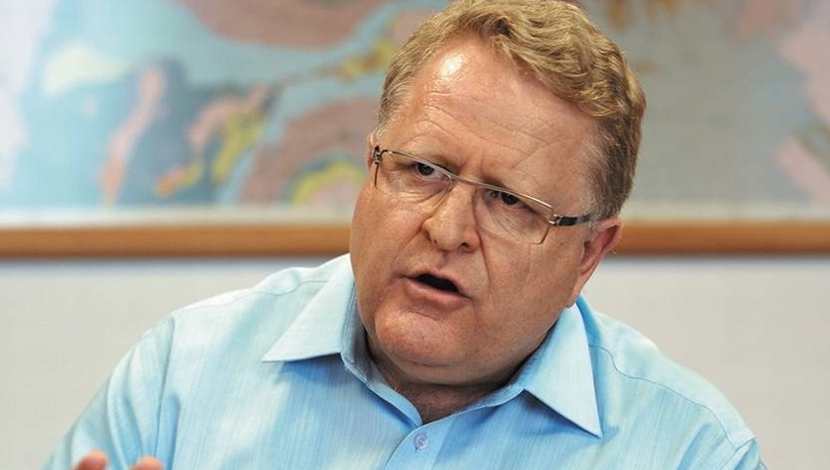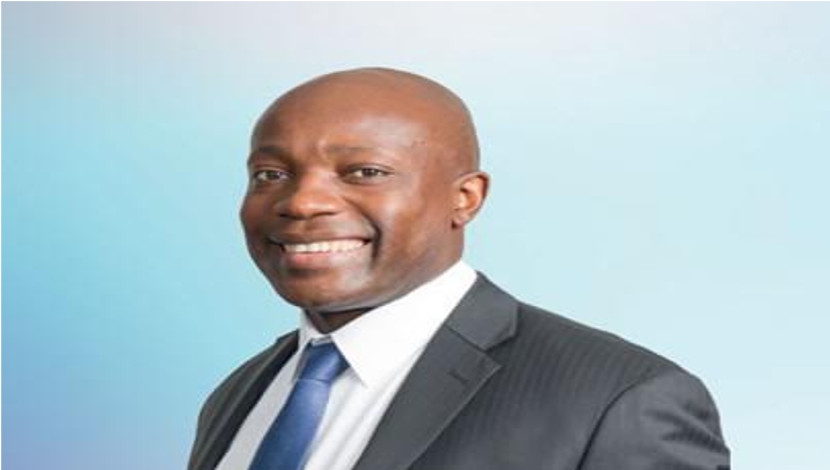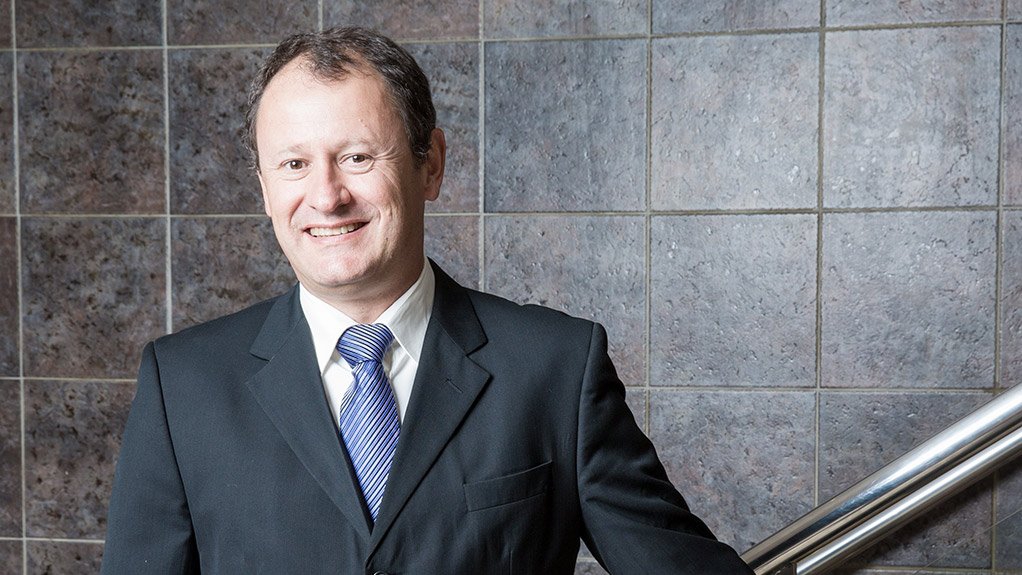

Basil Read has posted steady turnover at just over the R5-billion mark for the year ended December 31. This was, however, lower than the R5.5-billion turnover in 2015, mainly as a result of eliminating loss-making businesses and projects.
Operating profit fell from R226.2-million in 2015 to R63.7-million. This included the final losses on the last distressed contract in the company, where the losses are still at least partially subject to a claims process.
On Friday, CEO Neville Nicolau said that, while this was not “great results, it isn’t bad either. This year] was like a person with a massive wound, which initially was covered with band aids and went very bad. [However,] it has been stitched up and it has healed. We have now removed the stitches from this wound and the scar is forming. In an otherwise healthy body, the future is positive,” he noted.
The company also continued to place emphasis on its cash management, securing a R200-million facility, comprising a R140-million working capital facility and a R60-million revolving credit facility from the Industrial Development Corporation.
The construction division progressed satisfactorily in 2016, the company noted, and while it posted an operating loss of R107-million, it still held an order book of R2.6-billion, with civil works at the Kusile and Medupi power stations accounting for the bulk of the order book.
“Our focus remains on the Southern African market including South Africa, given the need for infrastructure to stimulate the economy, while positioning ourselves to partner with existing clients as they expand their operations in Southern Africa,” the company said.
Overall, the Basil Read order book has increased to R12.3-billion from the prior year’s R10.7-billion, at a gross profit level of R1.4-billion and a gross margin of 11%.
The company was already engaging in rightsizing of its overheads, with Basil Read reducing its overhead staff complement by 48 people. “This exercise is already 80% complete and will yield a saving of R42-million for the year, along with a one-off cost of R40-milion.”





